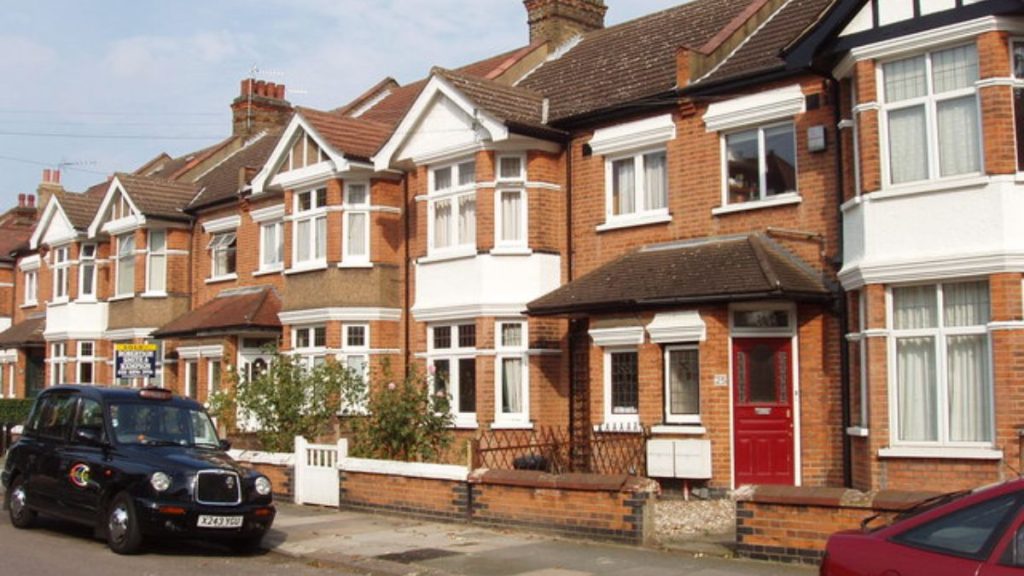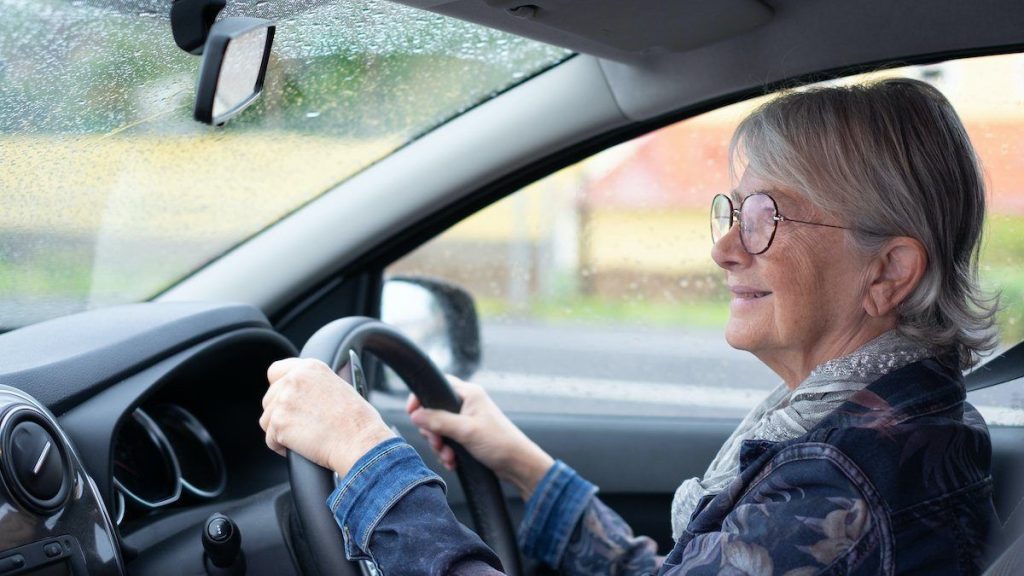Recent news from the Driver and Vehicle Licensing Agency (DVLA) has sparked widespread discussion after headlines suggested that senior drivers in the UK might soon be allowed to drive without a licence. While that certainly grabbed attention, the truth is more nuanced.
The DVLA isn’t eliminating driving licences for older drivers — instead, it is introducing updated rules aimed at ensuring road safety and medical accountability for those aged 70 and above. These measures focus on helping experienced drivers stay on the road safely while protecting everyone who shares it.
A Proactive Approach to Road Safety

The DVLA’s new 2025 policy for senior drivers prioritises safety, health, and transparency. The updated system moves away from relying solely on self-declarations of medical fitness and introduces mandatory checks for eyesight and, in some cases, GP or cognitive assessments.
The goal isn’t to penalise senior drivers — it’s to ensure that those who continue to drive are physically and mentally capable of doing so safely. With an aging population and growing health considerations, these changes are both practical and necessary.
Key DVLA Changes for Senior Drivers in 2025
The upcoming regulations outline several important updates for individuals aged 70 and over. Below is a quick breakdown of what’s changing and what it means for drivers.
| Rule/Change | What It Means for Senior Drivers (70+) | Key Details |
|---|---|---|
| Proactive Licence Renewal | Drivers must apply to renew their licence every 3 years after turning 70. | DVLA sends reminders 90 days before your 70th birthday. Renew online, by post, or at a Post Office. |
| Stricter Medical Declarations | Health conditions affecting driving must be declared. | DVLA may require a GP report for confirmation. |
| Mandatory Eyesight Proof | Proof of a recent eye test is required during renewal. | Drivers must be able to read a number plate from 20 metres away. |
| Potential Cognitive Testing | Some drivers may need additional tests based on age or medical history. | Evaluates reaction time and awareness; not mandatory for all. |
| Driving During Renewal | You can drive while your renewal is being processed, if certain conditions are met. | Must have GP approval, a valid previous licence, and no medical disqualifications. |
| Insurance Considerations | Some insurers may require additional medical clearance. | Honesty about health is vital to keep coverage valid. |
| No Upper Age Limit | There is no legal age to stop driving. | The decision remains personal, based on health and ability. |
Renewing Your Licence at 70 and Beyond
Turning 70 doesn’t mean you lose your driving privileges — it simply means you need to renew your licence every three years.
The DVLA will send a renewal reminder form (D46P) about 90 days before your 70th birthday. You can renew by post, at a participating Post Office, or online through the DVLA’s official website — where the process typically takes about a week.
Failing to renew means your licence will expire, and you cannot legally drive unless you meet the conditions to drive while your renewal is pending.
Declaring Medical Conditions: A Legal Responsibility
Under the 2025 changes, honesty about your medical condition is crucial. You must declare any “notifiable” health conditions that could affect your ability to drive safely. These include:
- Epilepsy
- Stroke or transient ischaemic attack (TIA)
- Parkinson’s disease
- Diabetes requiring insulin
- Severe visual impairments
- Heart conditions or mobility-limiting disabilities
Failure to report such conditions can result in fines of up to £1,000, invalid insurance, or even prosecution if you’re involved in an accident.
The DVLA’s aim is not to disqualify drivers but to ensure appropriate support and assessment so that seniors can continue driving confidently and safely.
GP Reports: A New Layer of Medical Verification
Previously, drivers over 70 could self-declare their medical fitness. From 2025 onward, the DVLA may request a GP report if there’s any concern regarding your health declaration.
This move ensures decisions about driving fitness are based on medical facts rather than personal judgment. The GP’s report is not the final word — it simply provides the DVLA with professional insight to make an informed decision.
Eyesight Standards Become a Core Requirement
Good vision is the foundation of road safety. Under the new rules, all drivers aged 70 and over must provide proof of a recent eye test when renewing their licence.
You must be able to read a standard car number plate from 20 metres away — either with or without corrective lenses. Those who wear glasses or contact lenses must use them every time they drive.
For individuals who’ve had corrective procedures such as cataract surgery, additional documentation confirming vision stability may be required.
Cognitive and Driving Assessments for Certain Drivers
While not mandatory for all, cognitive or practical driving assessments may be requested if medical reports or age-related concerns arise. These evaluations focus on awareness, reaction times, and decision-making — not on driving perfection.
Passing such assessments can help restore confidence and even reduce insurance premiums, as it proves ongoing competence behind the wheel.
Driving While Your Renewal Is Being Processed
One of the most misunderstood updates relates to driving during licence renewal. Contrary to online rumours, the DVLA isn’t allowing seniors to drive indefinitely without a licence.
You may continue driving while your renewal application is being processed, but only if specific conditions are met:
- Your doctor has confirmed you’re medically fit to drive.
- Your previous licence was valid at the time of application.
- Your renewal application is less than 12 months old.
- You have not been refused or revoked for medical reasons.
This rule is a practical allowance to avoid unnecessary disruption while maintaining road safety.
No Upper Age Limit for Driving
Importantly, the DVLA has confirmed that there is no legal age limit for driving. Whether you’re 70 or 90, your right to drive depends solely on your ability to do so safely.
The decision to give up driving remains a personal one, based on medical advice, self-assessment, and comfort level. Many older drivers voluntarily choose to retire from driving when they no longer feel confident.
Insurance Implications for Senior Drivers
The new DVLA rules may also impact car insurance. Insurers now place greater emphasis on medical honesty and may require proof of GP clearance or recent vision checks.
Failing to disclose a relevant medical condition can invalidate your insurance policy, even if the DVLA has approved your licence. On the other hand, insurers may reward safe, proactive drivers — especially those who voluntarily take refresher courses or assessments.
DVLA’s Commitment to Safer Roads
These updates reflect the DVLA’s broader commitment to balancing road safety with independence. With more than five million UK drivers aged over 70, maintaining a structured renewal system is vital for public confidence.
Rather than restricting mobility, the rules empower seniors to make informed decisions about their driving future — supported by evidence-based health assessments and transparent renewals.
Renewing every three years, maintaining good eyesight, and being honest about medical conditions are the keys to staying safe and compliant on UK roads. These measures promote responsible independence, allowing senior drivers to continue enjoying the freedom of driving — safely and confidently.
(5) Frequently Asked Questions (FAQs)
1. Do I need to retake my driving test when I turn 70?
No. You don’t need to retake your driving test at 70. The renewal process focuses on medical fitness and eyesight, not driving skills — unless the DVLA specifically requests a driving assessment.
2. Can I drive if my licence renewal is still being processed?
Yes, but only if your doctor confirms you’re medically fit, your previous licence was valid, and your renewal application is less than 12 months old.
3. What medical conditions must I report to the DVLA?
You must report any condition that could impact driving safety — including epilepsy, strokes, diabetes, Parkinson’s disease, and serious visual impairments.
4. Is there an age limit for driving in the UK?
No. There’s no upper age limit for driving. You can continue driving as long as you meet health and eyesight standards and feel confident behind the wheel.
5. How much does it cost to renew my driving licence at 70?
Renewing your licence at 70 (and every three years thereafter) is completely free if you apply online or by post through the official DVLA website.
















